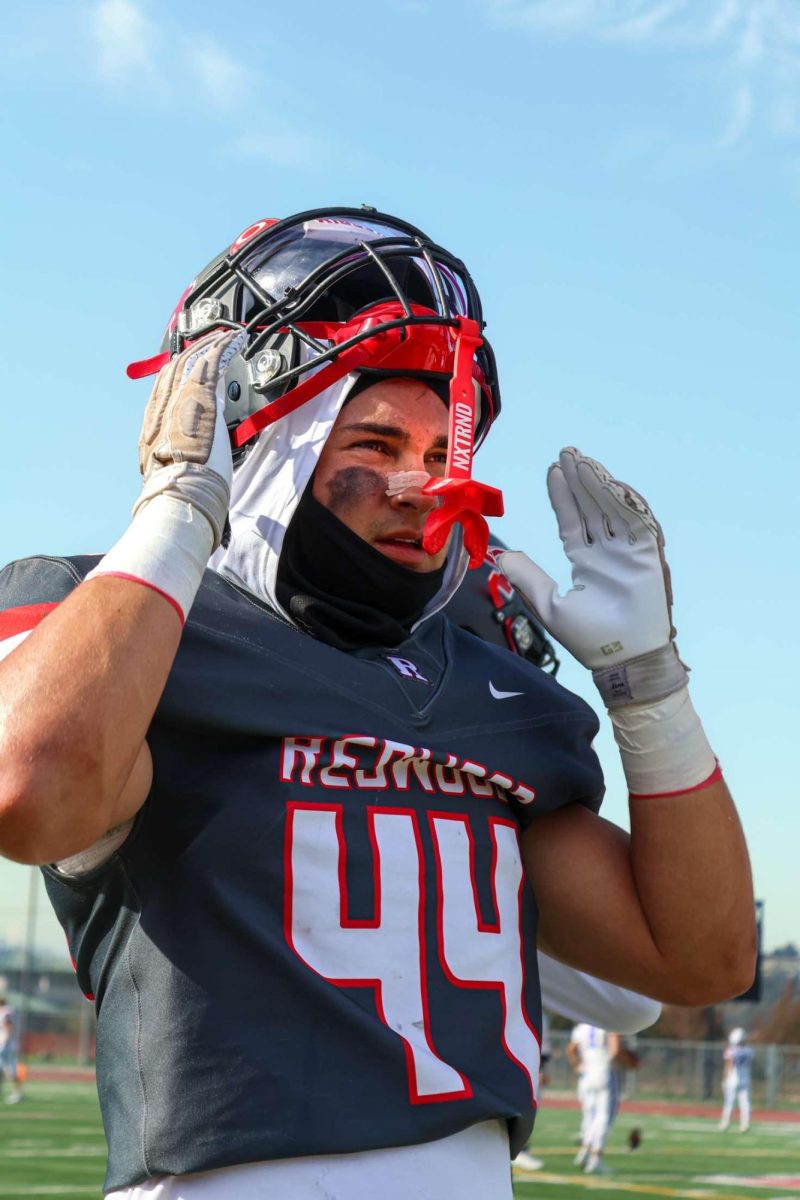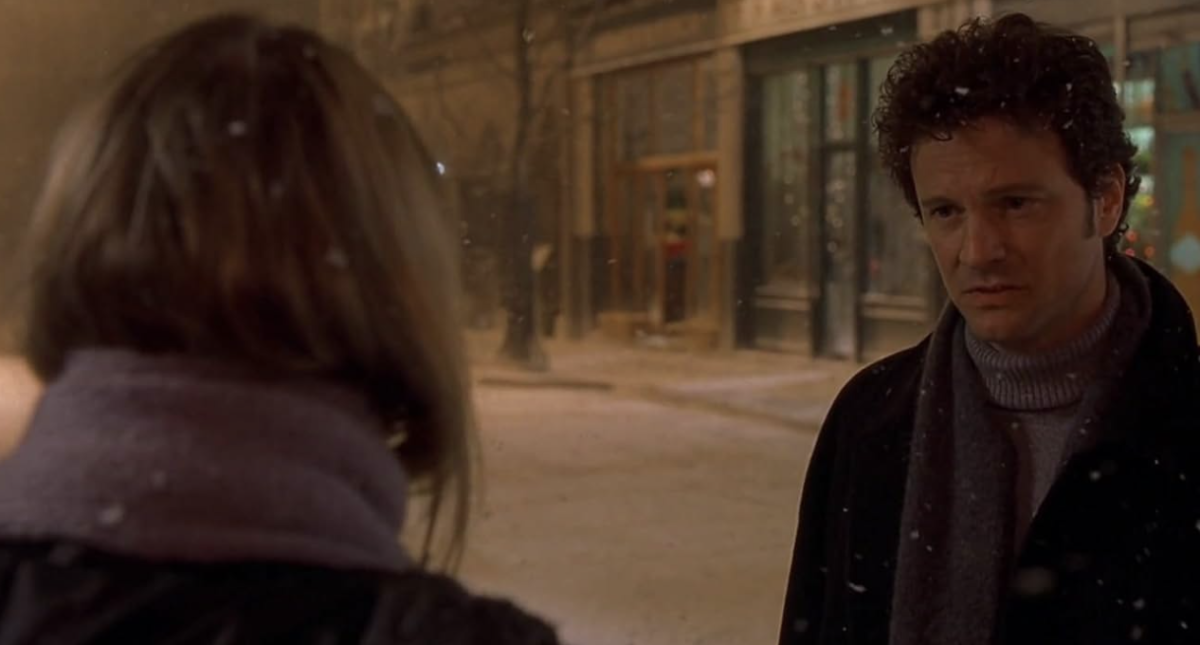“Really, the criteria is simple. Do you have a body? Put a swimsuit on it,” reads the back of “Dumplin’,” a new coming-of-age novel by Julie Murphy, published Sept. 15. This sentence accurately represents the tone of the book―one of confidence and positivity with a heavy dose of Southern sass.

Self-proclaimed fat girl Willowdean Dickson, affectionately called Dumplin’ by her former beauty queen mother, has always felt comfortable in her own skin. Life is uneventful for Willowdean and her best friend Ellen until Willowdean takes a job at a local fast food joint, Harpy’s, instead of at the mall with Ellen.
At Harpy’s, she meets a boy. While the plot could easily veer into a stereotypical teenage romance story at this point, it fortunately does not. Instead, the boy, Bo, forces Willowdean to confront her insecurities by dragging her out of her comfort zone. But Willowdean has never been someone to wallow in her insecurities, so she tries to gain back her confidence in the most surprising way: she enters the same beauty pageant her mother once won.
“Dumplin’” is a painstakingly honest portrayal of Willowdean and her relationships. It doesn’t romanticize teenage life, nor does it victimize Willowdean.
Though at times Bo and other male characters can seem two-dimensional, Murphy excels in portraying the friendship between Willowdean and Ellen.
Willowdean and Ellen don’t have a perfect friendship, but the bumps that arise in their relationship from miscommunications and rash words only serve to emphasize that the best of friendships can outlast even the largest of crises. Their relationship is intensely honest and realistic, and Murphy is adept at avoiding the pitfalls that can often cause teen books to be sickly sweet and unrealistic.
However, Murphy does make some grand leaps of logic in the middle of the book. During one scene in which Willowdean and some friends visit a drag show, the girls must confront their fear of drag performers, but then Murphy assumes that this scene is sufficient motivation for the drag performers to assist the girls with the beauty pageant later in the book. Unfortunately, it isn’t sufficient motivation, and the follow-up with the drag performers seems overly contrived and reliant on coincidence.
Fortunately, these small plot weaknesses in the book are made up for by the vivid imagery Murphy uses when describing where “Dumplin’” takes place.
Murphy’s greatest strength as a writer is her ability to describe the book’s setting, a small town in Texas. From the ever-proffered sweet tea to the omnipresent Dolly Parton songs, every detail she mentions screams small town life, though never in a way that is degrading or insulting.
With these details, Murphy exquisitely sets the stage for a story that is, at the core, a celebration of self-acceptance and empowerment.
The end of “Dumplin’” is equally refreshing: Willowdean doesn’t lose a lot of weight or win the beauty pageant. I don’t think it’s a spoiler to say either of those things because Willowdean never pretends to be anything other than herself, and “Dumplin’” never pretends to be anything other than authentic and honest. There is no grand conclusion to “Dumplin’,” and that is what makes it so appealing.
“Dumplin’” is a feel-good book that is unusually realistic for its genre, and though at times there are small missteps in terms of character development, it offers an inspiring ode to the power of self-confidence and staying true to oneself.






